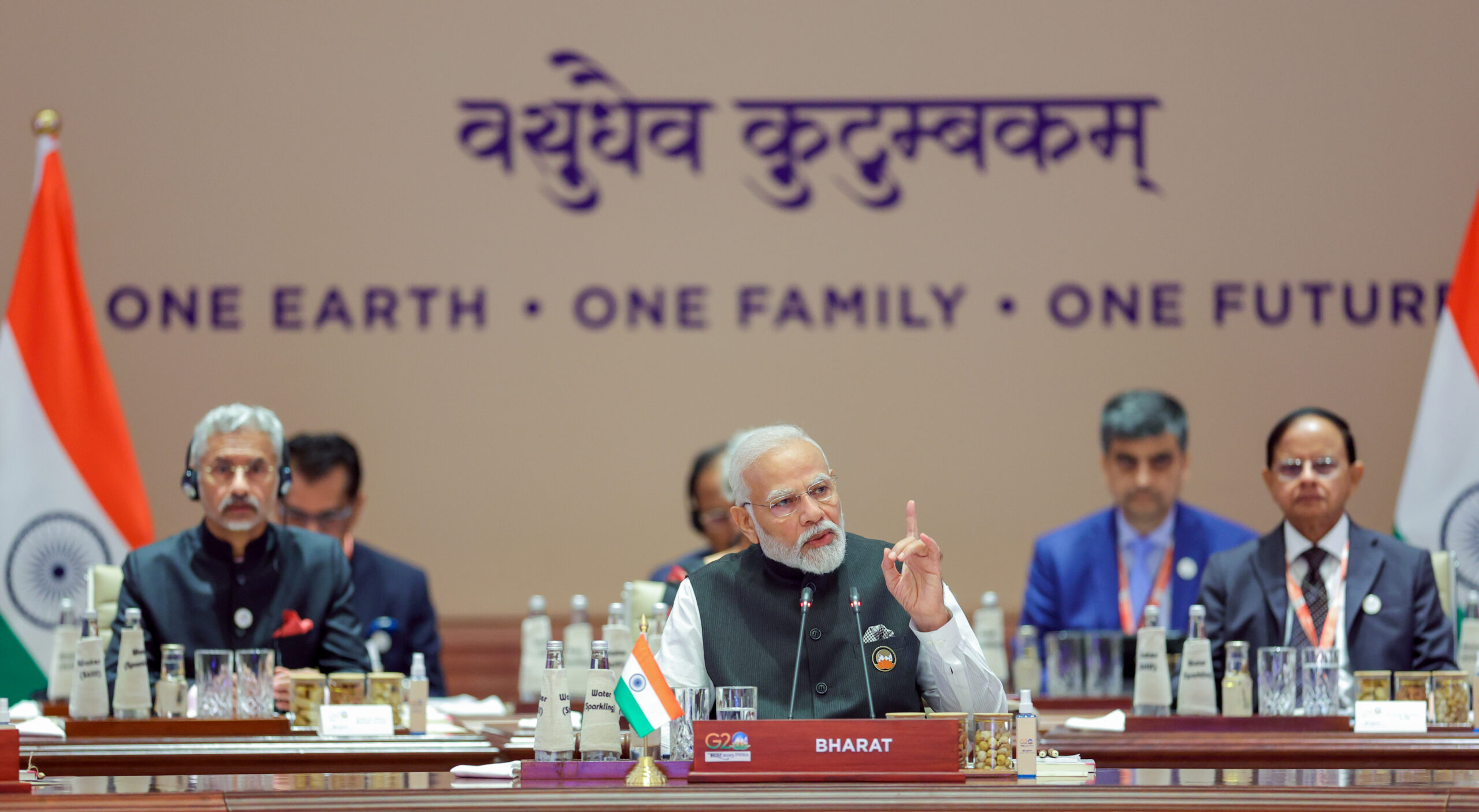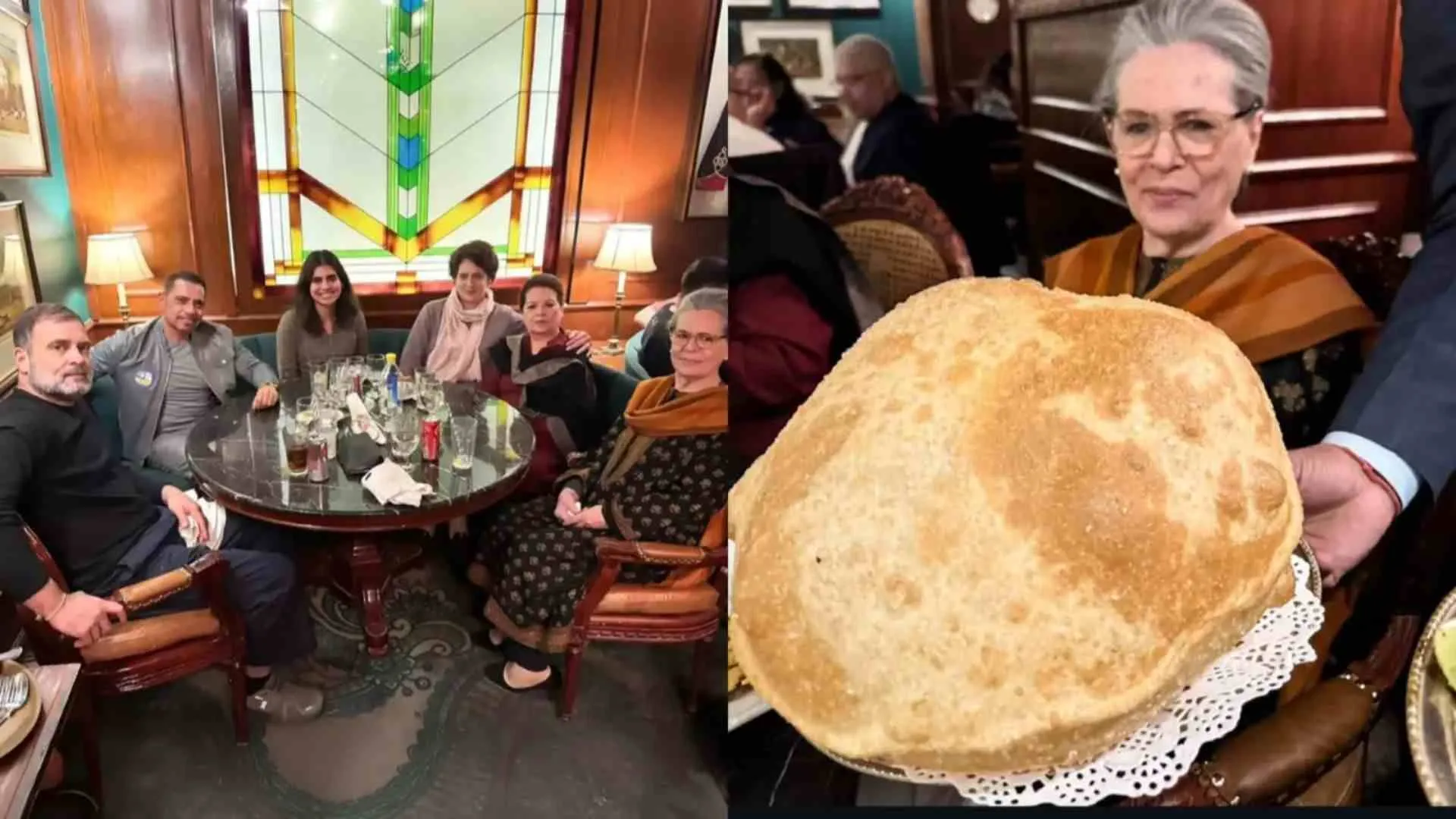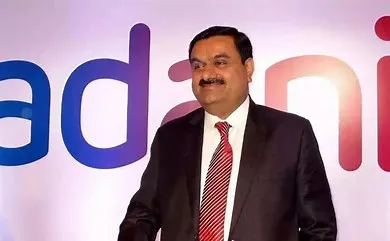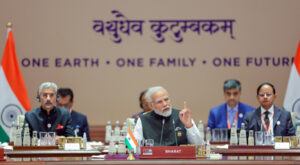It is ironic that one of the notable achievements of the Delhi Declaration was the spirit of consensus. And for this, credit must be given to the Modi Government. It was Amitabh Kant and Harsh Vardhan Shringla’s deft political maneuvering, by roping in allies from the global south such as Indonesia, Brazil and South Africa to reach out to China & Russia; with the Prime Minister overseeing each clause and negotiation that got us the break-through. It is no mean feat for most expected the G 20 to end without a consensus and with only the Chairman’s summary of events.
There were other achievements too, such as the rail and port corridor between the middle east and South Asia, the inclusion of the African Union as a permanent member and a global green development pact. Amitabh Kant was right when it said that post the G 20, India has emerged as the representative of the entire Global South.
All this is indeed praiseworthy and has been appreciated by some members of the opposition as well, such as the Congress party’s Dr Manmohan Singh and Shashi Tharoor. But it does beg the obvious question – if the Prime Minister and his team are so good at hammering consensus at the international stage, what holds them back from displaying the same powers of persuasion and negotiation back home? For starters, while all the opposition chief ministers were invited for the President’s dinner for G 20 members, the leader of the Congress in the Rajya Sabha – and Congress President, Mallikarjun Kharge was left out. Neither were the members of the Standing Committee on External Affairs invited. It could be argued, as Shashi Tharoor has done, that the Chief Ministers are more concerned with state level issues while the members of parliament, especially those in the standing committee would have loved to interact with the global who’s who. In fact while the Congress did not issue any ban on attending the dinner, two of its Chief Ministers were unable to attend due to commitments back home due to the approaching assembly elections in Rajasthan and Chattisgarh. Only the Himachal Chief minister attended the event from the Congress. (As an aside, Adhir Ranjan Chowdhury’s criticism of West Bengal CM Mamata Bannerjee’s attendance at the dinner seems to be a personal rant and not the party line).
Again, the larger than life (mostly solo) posters of the Prime Minister that dominated the proceedings could be attributed to domestic political constraints for there is a general election due next year. But it does underscore the spirit of consensus and statesmanship that he displayed at the event itself.
Unfortunately, with the 2024 elections approaching, the situation is only going to get worse. The BJP is hoping to carry the euphoria of the G 20 (along with overtones of VishwaGuru etc etc) to the campaign field – while the opposition will have its work cut out trying to differentiate India’s achievements from the Prime Minister’s.
And well, we may not have to wait for the 2024 campaign field to see this play out as am sure the special session of parliament that is being convened next week will get a teaser of what is to come in the next few months!








